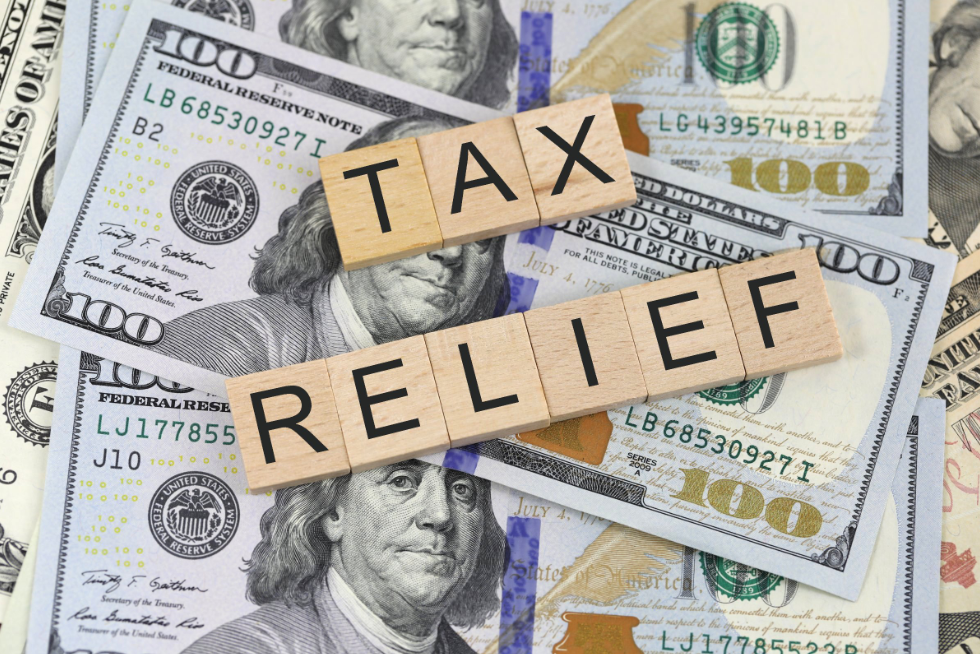Tax cuts would benefit the state more than one-time rebate checks, Mississippi Center for Public Policy President and CEO Douglas Carswell recently explained. This call for permanent tax cuts rather than rebates comes despite the Mississippi legislature’s 2022 passage of the largest tax cut in state history.
Alabama’s government finds itself in a similar situation to Mississippi. Mississippi lawmakers expect to have about $3.9 billion in surplus funds available this year. Alabama, meanwhile, has the largest revenue surplus in state history—more than $3 billion between the Education Trust Fund and State General Fund budgets.
A tax rebate bill for the upcoming session has yet to be introduced, but discussions indicate that Alabama lawmakers will seek to use approximately $500 million of the state’s surplus to provide rebates, ranging between $200 to $500 depending on an individual’s tax filing status.
Tax rebates are not a bad thing. Anytime that citizens can keep more of their own money is good. But why are rebates the primary option on the table for Alabamians in 2023? It seems that permanent relief should come first.
Carswell’s report last week is part of a broader effort by the Mississippi Center for Public Policy to control the growth of Mississippi’s government, lower taxes for citizens, and make the state more competitive when it comes to attracting new businesses.
Laying out the difference between a tax cut and a tax rebate, Carswell writes that a tax cut would permanently lower the future amount of taxes that government takes from its citizens. A rebate, however, is a one-time repayment of money already paid to government.
Could Alabamians see additional rebates in the future? It’s possible, but unlike a statutory lowering of rates, there is no guarantee.
According to Carswell, states such as Tennessee, Texas, Georgia, and Florida are flourishing because they have lower taxes and fewer regulations than Mississippi. Except for Georgia, these states don’t have individual income taxes at all.
Alabama and Mississippi currently have a top individual income tax rate of 5%, but that will soon change. Over the next four years, Mississippi will move to a single income tax rate of 4%. Individual filers will pay nothing on the first $18,300 that they earn, while the first $36,600 would be tax free for a married couple. Alabama, however, begins collecting income taxes on the first dollar earned.
To be fair, Alabama has a larger standard deduction than Mississippi and is one of just five states that allow federal income taxes to be deducted from state returns. Alabama also ranks second in the nation in terms of lowest property tax rates, while Mississippi comes in at 18th, an average difference of about $850 when it comes time to pay your tax bill.
I’m not suggesting that cutting or eliminating income tax rates is the only means of providing relief to Alabamians. The point is that state lawmakers are in a unique situation to do more than a one-time rebate.
Of course, the question always raised when tax cuts are discussed is how the state will pay for them. Our Mississippi neighbors have an answer for that as well: stop record spending growth.
Mississippi’s state spending is projected to grow by 14.5% between 2019 and the fiscal year 2023 enacted budget. If lawmakers simply limit 2024 spending growth to the combined inflation and population growth rates, the state could afford at least $800 million in tax cuts in 2024, economist Vance Ginn writes in the Mississippi Center for Public Policy’s report.
This is not a call for austerity, as Mississippi’s government would still grow by more than 7% in 2024. It is a reasonable plan of action that would benefit all citizens.
Alabama’s government spending has grown at almost 2.5 times the rate of Mississippi’s since 2019. There is money available to provide historic tax relief to Alabamians, but the record growth of government must slow. As Ginn puts it: “Tax cuts are only affordable if government spending is brought under control. Government never has a revenue problem, only a spending problem.”
And that’s the bottom line. Do you want more government, or do you want to keep more of what you earn?
Justin Bogie serves as Fiscal and Budget Reporter for 1819 News. The views and opinions expressed here are those of the author and do not necessarily reflect the policy or position of 1819 News. To comment, please send an email with your name and contact information to: Commentary@1819News.com.









